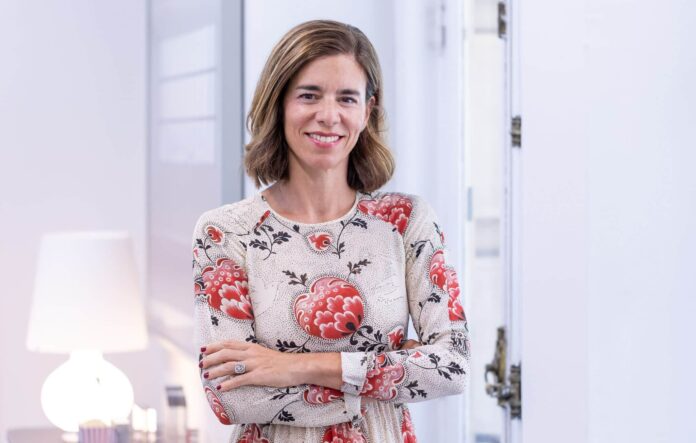Seaya, da Espanha, fecha fundo de 300 milhões de euros para tecnologia climática

Seaya has successfully closed its Seaya Andromeda fund at €300 million, making it the largest Article 9 climate-tech fund based in Southern Europe. This milestone also elevates Seaya to the largest venture capital investor in Spain, with total assets under management surpassing €650 million. The fund has attracted investments from notable institutions including Iberdrola, Nortia, Santander, BNP Paribas Group, Next Tech Fund, and Bpifrance.
Founded in 2013 by Beatriz González, Seaya focuses on impact-driven growth companies specializing in the energy transition, decarbonization, sustainable food value chain, and circular economy. The firm’s commitment to sustainability is underscored by its adherence to the EU’s Sustainable Finance Disclosure Regulation (SFDR) Article 9, ensuring that all investments positively impact society or the environment.
Não perca essa chance! Assine nosso boletim informativo para receber o conteúdo mais recente diretamente em sua caixa de entrada ou registro GRATUITAMENTE para obter acesso total.
Seaya Andromeda targets investments in the €7-40 million range, retaining capital for follow-on investments. The fund plans to make a total of 25 investments by the end of 2027, with five already completed and five more expected by the end of this year. Early investments include companies like Recycleye, an AI-driven waste sorting robot, and 011h, a green construction firm aiming to reduce CO2 emissions on building sites by 75%.
González highlights the challenges faced by hardware-enabled climate tech companies in securing funding compared to their software-based counterparts. Despite these challenges, Seaya has a history of successful investments in both sectors, including Wallbox, a Barcelona-based EV charging firm now trading on the New York Stock Exchange, and Clarity.ai, a sustainability analysis provider. Other notable investments include Pachama, a US-based carbon credit quality verifier, and Biome Makers, a soil analysis firm.
Seaya’s approach includes investing in companies at the Series B+ stage and supporting their global expansion, drawing from its experience with successful portfolio companies like Glovo, Cabify, and Wallbox. González emphasizes the need for a diverse capital stack, including project finance and corporate offtake agreements, to support climate tech innovations, especially those requiring significant industrial production facilities.
Despite a recent decline in venture capital investment in climate tech, González remains optimistic, citing sustained interest from investors and the influx of top talent into the sector. She also notes that geopolitical factors driving Europe towards energy and industrial independence are likely to bolster support for climate tech initiatives, despite potential political shifts.


Respostas